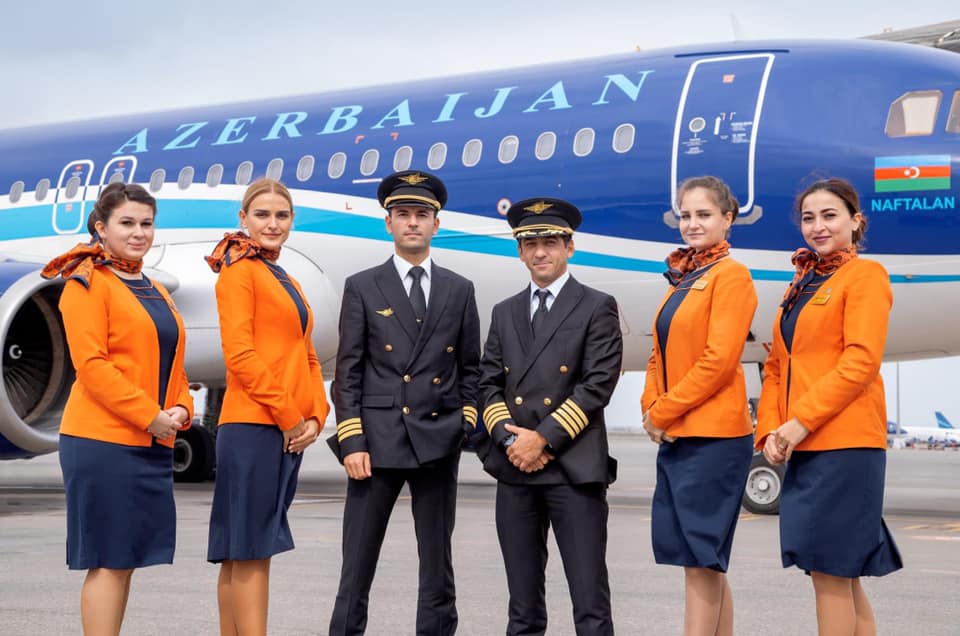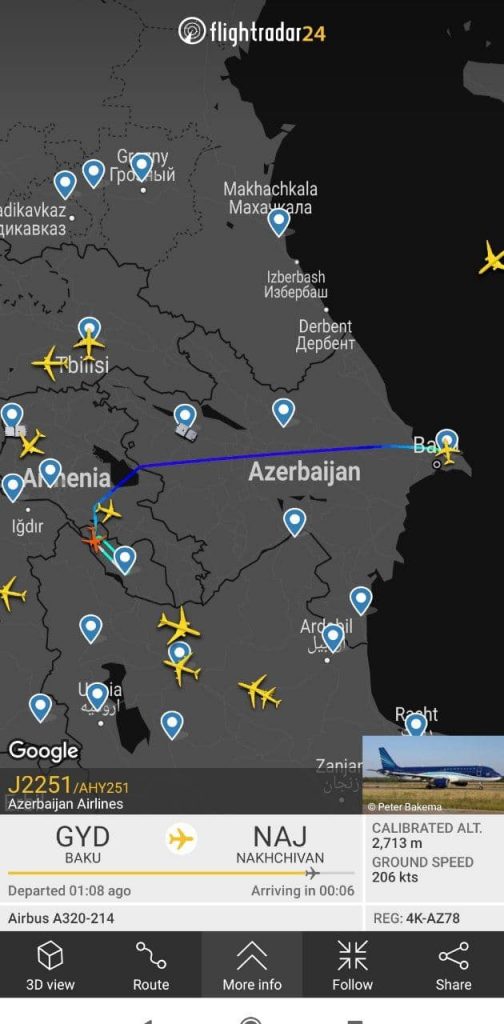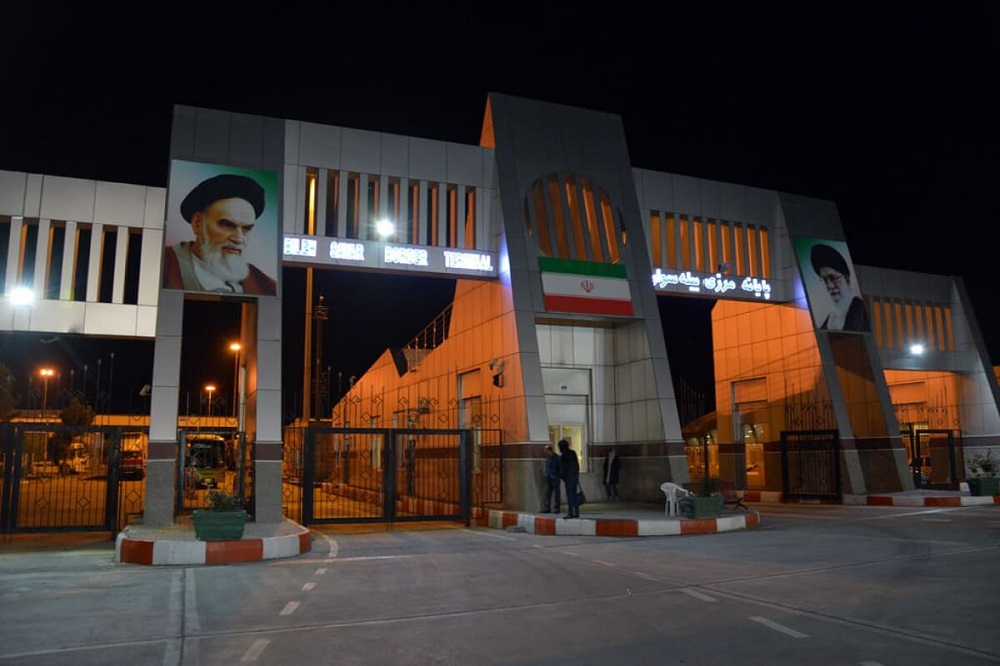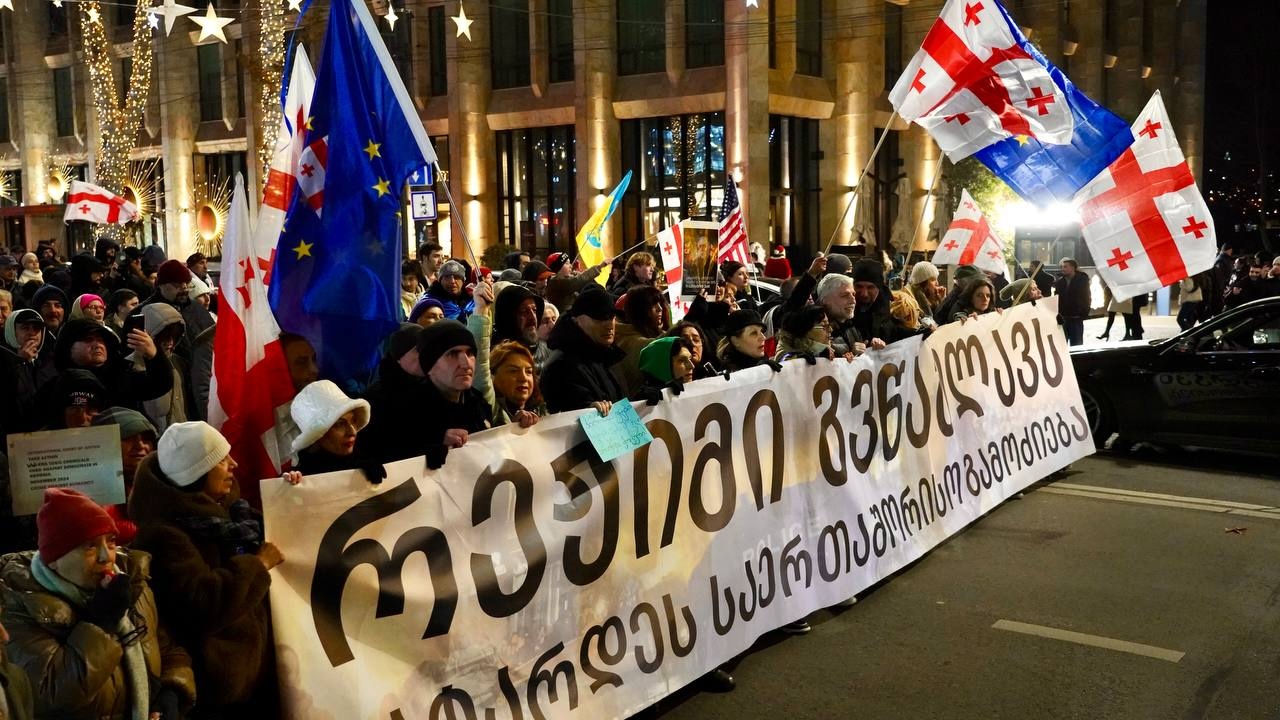Will Armenia open its airspace to Azerbaijan? Views from Baku and Yerevan
On the night of October 6, 2021, a passenger plane of the Azerbaijani state airline AZAL made a regular flight Baku-Nakhichevan via the airspace of Armenia. What does this mean and what prospects does it hold for the region? Information and comments from both sides.
- “Tehran is watching closely.” What will happen to cargo transportation from Iran to Armenia
- Ex-President Robert Kocharian: serious processes are going on, and they are not in favor of Armenia
- Why did the second Karabakh war happen? Comments and vox-pop from Azerbaijan
Reports from Baku
On Tuesday, October 5, Iran notified Azerbaijan of the closure of its airspace for military cargo air transportation of Azerbaijani airlines in the direction of Nakhichevan. For a long time, Azerbaijani aircraft used air corridors over Iran to perform flights from the main part of the country to the exclave – the Nakhichevan Autonomous Republic – bypassing Armenia.
The decision of Tehran was another consequence of the aggravation of relations between the Islamic republic and its northern neighbor, Azerbaijan.
The next day, AZAL operated a passenger flight to Nakhichevan through the territory of Armenia. It should be noted that Iran did not close its airspace for Azerbaijan for passenger traffic.
“This step demonstrates Azerbaijan’s resolute readiness to unblock transport communications in the region, which meets the interests of all border countries.
Changing the route of the Baku-Nakhichevan-Baku flight will also lead to a reduction in the flight time in this direction and decrease fuel consumption during the flight”, reads AZAL press release.
As the company stressed, from now on, when performing this flight, AZAL can use all existing air corridors, including those passing through the territories of Armenia and Iran.

It is also noted that Armenian air carriers can use air routes passing through Azerbaijan.
Passenger buses on the Baku-Nakhichevan-Baku route continue to run through the territory of Iran. This was reported by the State Automobile Transport Service of Azerbaijan.
Comments from Baku
The Azerbaijani segment of social media reacted positively to this development but some had questions to the management of the local airline.
Here are some of the typical comments:
“At the beginning of 2010, I often flew to Nakhichevan and I remember that once, on a cloudless day, I clearly saw that we were flying over Lake Sevan. I still remember that several years ago Matthew Bryza was perplexed by the protests of Azerbaijan over the airport in Khankendi (Stepanakert). He wrote that Azerbaijani planes also use air routes over Armenia for flights to Nakhichevan”.
“AZAL says that from now on, the flight time to Nakhichevan and fuel consumption will be reduced. But, of course, no one expects tickets to get cheaper”.
“The Zangezur corridor is opening. Iran is once again out of the game”.
Reports from Yerevan
The Civil Aviation Committee of Armenia confirmed that on October 6, the flight on the Baku-Nakhichevan route was carried out over the country’s airspace. Moreover, the committee said that the use of the airspace of both Armenia and Azerbaijan was not limited for passenger aircraft, with the exception of the 44-days of the war in Karabakh (from September 27 to November 10, 2020).

The Armenian government did not comment on the situation in any way, but there is an active discussion about it on social media. Most of the users believe that the Armenian authorities are succumbing to the pressure of Azerbaijan. Political scientists also joined the discussion.
Comments from Yerevan
“The first component of the corridor”
Turkologist Varuzhan Geghamyan wrote on his Facebook page that Armenia opened the first “Turkic corridor”:
“In fact, this was the first component of the Azerbaijan-Nakhichevan-Turkey corridor. […] The capitulation regime in effect in Armenia since 2020, in order to preserve its power, agreed to fulfill the main demand of Turkey and Azerbaijan – to ensure communication between the two countries through their own territory. The air section of the corridor was officially granted this morning.
Such cases fully prove that today there is a de facto pro-Turkish government in Armenia. If the activities of the capitulator [meaning Prime Minister Pashinyan, who signed the trilateral document on the ceasefire in Karabakh] is not stopped with the assistance of national forces and foreign partners, then the turn of the land corridor will come behind the air corridor”.
Since the conclusion of an armistice in Karabakh, Azerbaijan has been insisting on the provision of a land corridor through the south of Armenia with its exclave Nakhichevan. All this time, the Armenian side continues to assert that the statement signed by the Prime Minister of Armenia speaks of unblocking all communications. There is no talk in the document about a “corridor” that will not be controlled by Armenia.
“Iran did not close, Armenia did not open”
Political scientist Movses Harutyunyan also commented on the situation on his Facebook page, responding to the opinion spreading on social media: “Patriotic Iran closes its airspace for Azerbaijan, and pro-Turkish Armenia opens”:
“This idea is doubly wrong: Iran did not close, and Armenia did not open its airspace.
1.Firstly, the airspace of Armenia has never been closed to Azerbaijani civil air transportation. It was Azerbaijan that in 2013, on its own initiative, decided to stop air transportation through the airspace of Armenia in order to inflict economic damage on us, and yesterday it decided to resume the transportation of citizens through our territory.
2.The airspace of Azerbaijan, in turn, was not closed to Armenian airlines. But Armenia refused to carry out transportation through the territory of Azerbaijan. Similarly, we can, for example, start using their airspace today.
3.Iran has closed the possibility of military flights, and the air remains open for civil flights from Azerbaijan.
4.Even if we want to, we cannot prohibit Azerbaijan to carry out civil air transportations through our airspace, since the Chicago Convention on International Civil Aviation prohibits the member states of the International Civil Aviation Organization (ICAO) from taking a discriminatory approach to the use of their airspace”.



















